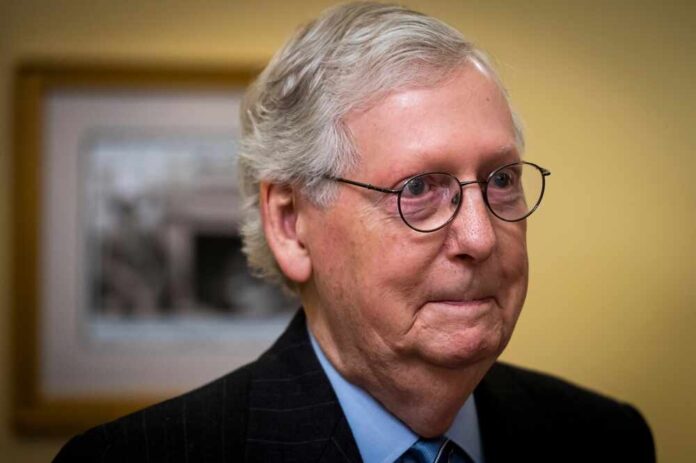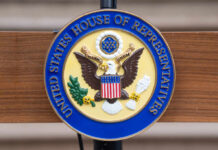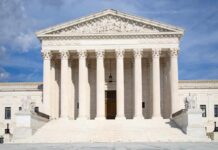
Sen. Mitch McConnell (R-KY) remains the Senate minority leader despite recent health setbacks, including a concussion and two episodes of apparent freezing.
Regarding the health concerns, McConnell said on Wednesday, “I have no announcements to make on that subject.”
When questioned about his retirement intentions, McConnell responded, “I’m going to finish my term as leader, and I’m going to finish my Senate term.”
McConnell evaded inquiries regarding his March concussion, referring to statements made by his physician about his health.
He said, “I think Dr. Monahan covered the subject fully. I don’t have anything to add to it.”
Dr. Brian Monahan, the attending physician, asserted that McConnell’s recent freezing incidents were “not uncommon in concussion recovery and can also be expected as a result of dehydration.”
Sen. Rand Paul (R-KY) criticized the notion that dehydration alone explained McConnell’s condition, suggesting that McConnell displayed signs of a “focal neurologic event” during his recent freeze. Paul emphasized that this doesn’t necessarily disqualify McConnell from serving but does warrant a closer examination, as it appears to resemble a seizure.
🚨 BREAKING NEWS: Mitch McConnell FREEZES UP AGAIN⚠️ Another stroke? This is elder abuse! NO COUNTRY CAN SURVIVE BEING LED BY SENILE PEOPLE! pic.twitter.com/DG76GNJ0C3
— Matt Wallace (@MattWallace888) August 30, 2023
On Wednesday, Sen. Josh Hawley (R-MO) emphatically stated that McConnell should not continue as the GOP minority leader in the Senate after his recent freezing incidents.
Hawley said, “My view is that 2024 is an awfully important election for Republicans. We should have taken back the Senate last year; we didn’t. This is our shot to take it back. I just hope we’re going to be focused on that.”
At 81, McConnell holds the record as the Senate’s longest-serving party leader. In November, he faced opposition from 10 Republican senators who voted against him, a first in his tenure as Senate leader. This signaled a shift within the GOP away from his establishment-oriented agenda.
McConnell has maintained a steadfast political stance over the years, which has garnered criticism from many quarters. During his tenure as Senate leader, the national debt increased by nearly $20 trillion, illegal immigration saw a surge and real wages for American workers showed no significant growth.
Key developments during this time include the enactment of Obamacare in 2010, the bailout of big banks in 2008 and social media companies taking actions to silence individuals without facing consequences.



























